American colossi like Alphabet and Microsoft are giggling at China tech’s shrinking act, says petesweeneypro
and Alphabet, are worth $8 trillion today. Breaking up conglomerates like Alibaba should boost valuations and help ringfence regulatory risk: Bernstein analysts estimate the sum of Alibaba’s parts could be worth an aggregate $392 billion, compared to $228 billion before the deal was announced. The cost, though, will be economies of scale.
The American tech giants already generate three times more revenue and nearly five times more free cash flow than their aspirant Chinese challengers, Refinitiv Eikon data shows. Sitting on massive cash piles, Alphabet and Meta Platforms are moving into Southeast Asia – Facebook’s fastest growing market - where Chinese rivals once hoped they would gain share to offset slowing growth at home.
Scale can also support innovation. Much hard science comes out of corporate labs because conglomerates can easily skim profit from stable businesses and put it into expensive long shots on artificial intelligence, nano-computers and batmobiles. Alphabet’s R&D budget, for example, was $40 billion in 2022, 11 times higher than China’s search monopoly Baidu, which is also trying to turn itself into an AI powerhouse.
Xi may be pleased to cut his country’s dotcom empires down to size. Their American rivals will enjoy watching him.
Argentina Últimas Noticias, Argentina Titulares
Similar News:También puedes leer noticias similares a ésta que hemos recopilado de otras fuentes de noticias.
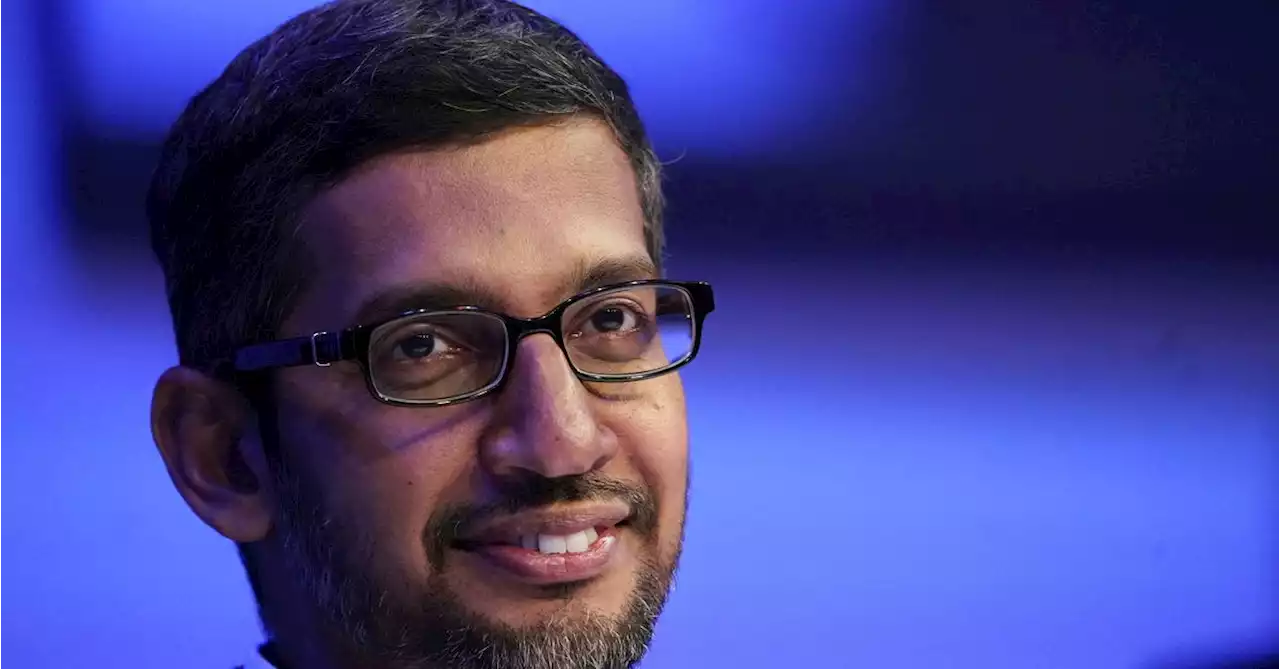 Breakingviews - Google giggles at China tech’s shrinking actAs an $18 trillion economy home to 1.4 billion people, China is a natural font of statistical superlatives. The country’s internet giants, however, are dwarfed by American colossi like the $1.3 trillion Google owner Alphabet . The gap is only getting larger: prompted by a historically low valuation - and years of regulatory torment - Alibaba this week unveiled plans to break into six parts, paving the way for other local conglomerates to follow. Investors are cheering, but champagne jeroboams are probably popping in Cupertino, Mountain View and Seattle too.
Breakingviews - Google giggles at China tech’s shrinking actAs an $18 trillion economy home to 1.4 billion people, China is a natural font of statistical superlatives. The country’s internet giants, however, are dwarfed by American colossi like the $1.3 trillion Google owner Alphabet . The gap is only getting larger: prompted by a historically low valuation - and years of regulatory torment - Alibaba this week unveiled plans to break into six parts, paving the way for other local conglomerates to follow. Investors are cheering, but champagne jeroboams are probably popping in Cupertino, Mountain View and Seattle too.
Leer más »
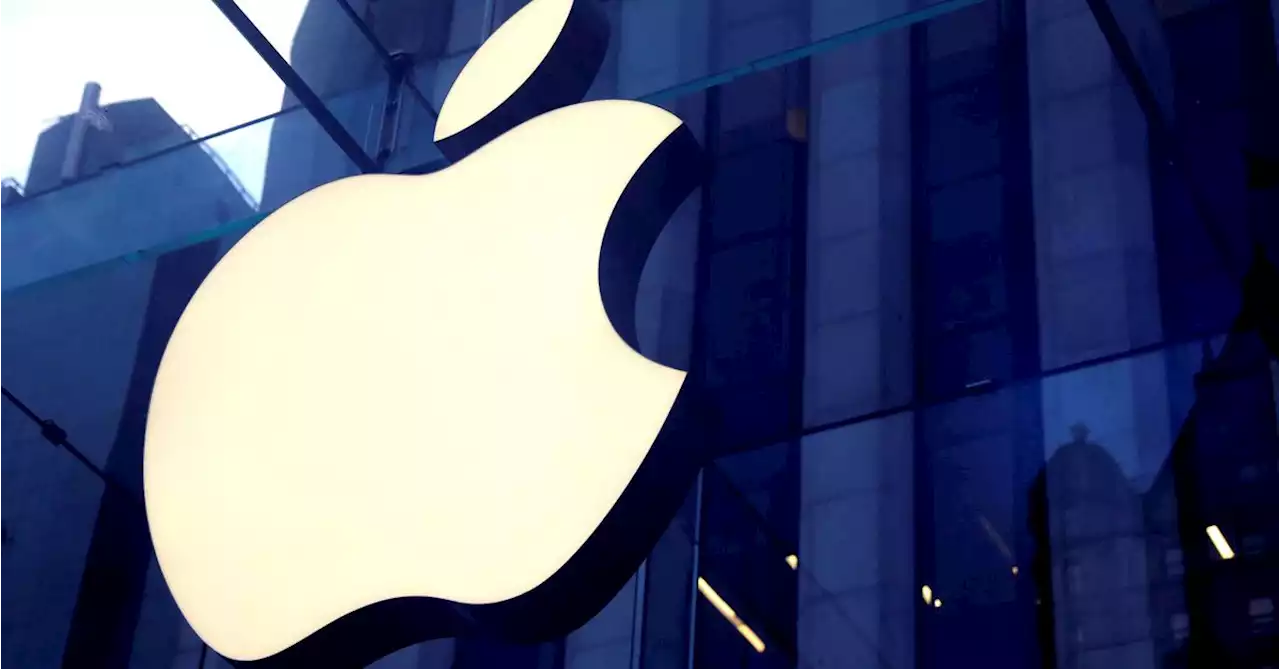 Breakingviews - Apple awkwardly pushes into buy-now-pay-laterApple is late to the buy-now-pay-later party. When boss Tim Cook unveiled plans last June to offer American shoppers a version of the popular four-payment system for buying merchandise, the market was in a somewhat healthier state. If anyone can help validate the product, it’s Apple, but times are considerably tougher.
Breakingviews - Apple awkwardly pushes into buy-now-pay-laterApple is late to the buy-now-pay-later party. When boss Tim Cook unveiled plans last June to offer American shoppers a version of the popular four-payment system for buying merchandise, the market was in a somewhat healthier state. If anyone can help validate the product, it’s Apple, but times are considerably tougher.
Leer más »
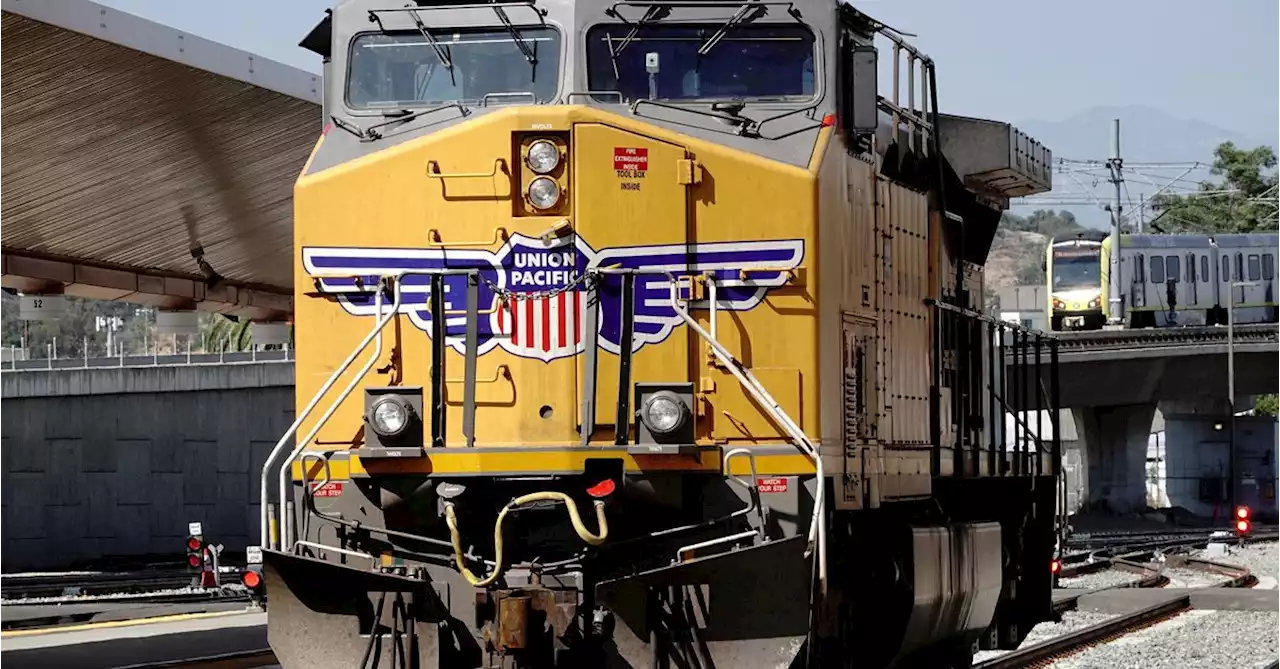 Breakingviews - Another cultish cost-saving formula gets off-trackBeware the company, or industry, with a one-track mind. General Electric had one for years, consumed by Six Sigma, whose gospel the U.S. conglomerate helped spread to boardrooms far and wide. At Kraft Heinz , the cost-saving dogma was zero-based budgeting, which caught on with other packaged-goods makers and beyond. For North American freight train operators, the obsession is precision scheduled railroading, or PSR. Like other cultish management fads, it worked for a while and has now gone too far.
Breakingviews - Another cultish cost-saving formula gets off-trackBeware the company, or industry, with a one-track mind. General Electric had one for years, consumed by Six Sigma, whose gospel the U.S. conglomerate helped spread to boardrooms far and wide. At Kraft Heinz , the cost-saving dogma was zero-based budgeting, which caught on with other packaged-goods makers and beyond. For North American freight train operators, the obsession is precision scheduled railroading, or PSR. Like other cultish management fads, it worked for a while and has now gone too far.
Leer más »
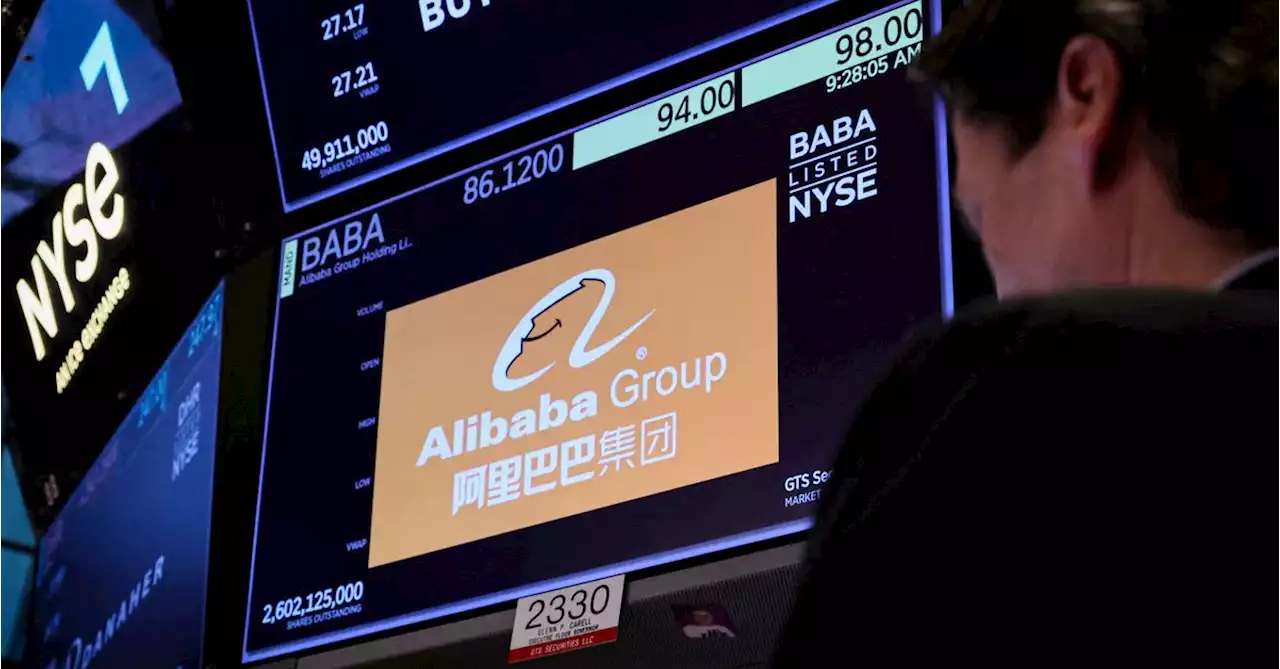 Breakingviews - Alibaba hands parched dealmakers a glass half-fullWhen investment bankers look back on 2023, they may cite March as the turning point. Until then, their business was in a slump. In Asia and the United States alike, fees from advising on mergers and selling new stocks and bonds fell some 40% in the first three months compared to the same period a year earlier, per Dealogic. M&A kingpins attending an industry confab in New Orleans joked about having nothing else to do. Then New York- and Hong Kong-listed Alibaba revealed it was creating six independently run businesses.
Breakingviews - Alibaba hands parched dealmakers a glass half-fullWhen investment bankers look back on 2023, they may cite March as the turning point. Until then, their business was in a slump. In Asia and the United States alike, fees from advising on mergers and selling new stocks and bonds fell some 40% in the first three months compared to the same period a year earlier, per Dealogic. M&A kingpins attending an industry confab in New Orleans joked about having nothing else to do. Then New York- and Hong Kong-listed Alibaba revealed it was creating six independently run businesses.
Leer más »
 Breakingviews - Bank rescue real estate turns from dowry to downerCredit Suisse’s rescue contains a property booby prize. Unlike many banks which got into trouble back in 2008, the Swiss lender has flogged much of its prime real estate. That leaves prospective new owner UBS with an expensive and long-lasting rental bill.
Breakingviews - Bank rescue real estate turns from dowry to downerCredit Suisse’s rescue contains a property booby prize. Unlike many banks which got into trouble back in 2008, the Swiss lender has flogged much of its prime real estate. That leaves prospective new owner UBS with an expensive and long-lasting rental bill.
Leer más »
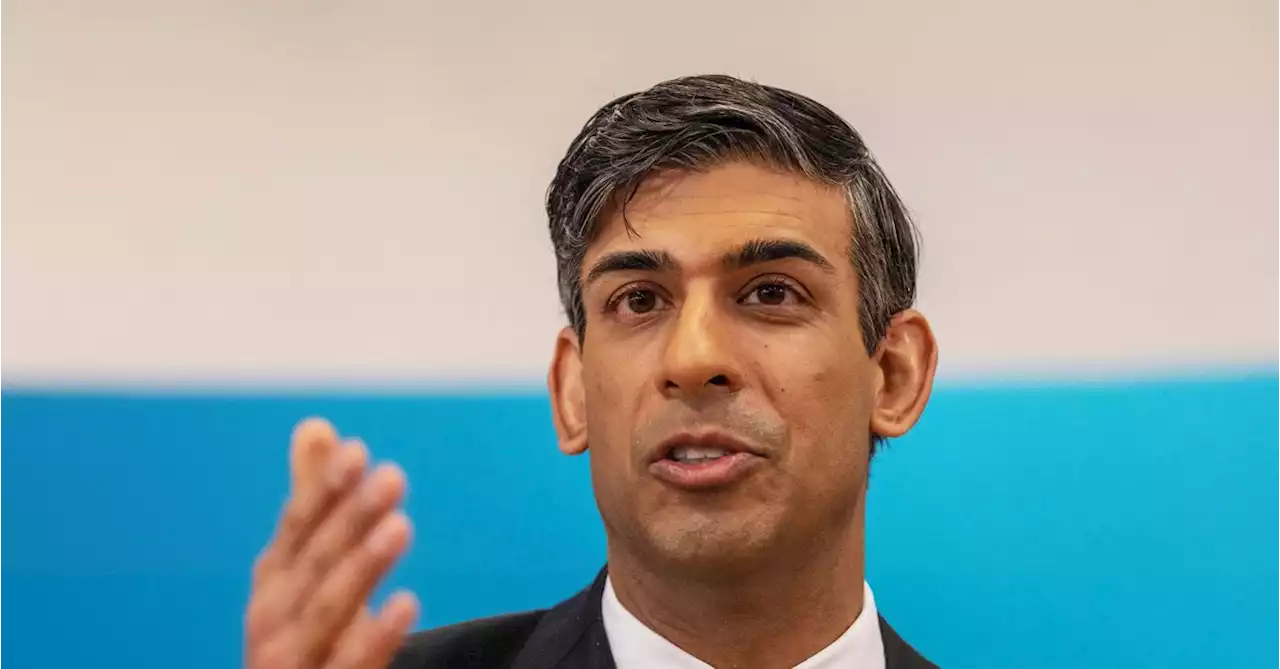 Breakingviews - UK car targets count on the kindness of strangersThe UK has followed the European Union in watering down plans to phase out fossil fuel cars – sort of. Prime Minister Rishi Sunak has kept a 2030 deadline to end sales of combustion engines, but has now given carmakers more flexibility on how quickly they get there. It’s arguably a less meaningful climbdown than the EU, which last week agreed to let carmakers keep selling old-school motors if they use synthetic carbon-neutral fuels.
Breakingviews - UK car targets count on the kindness of strangersThe UK has followed the European Union in watering down plans to phase out fossil fuel cars – sort of. Prime Minister Rishi Sunak has kept a 2030 deadline to end sales of combustion engines, but has now given carmakers more flexibility on how quickly they get there. It’s arguably a less meaningful climbdown than the EU, which last week agreed to let carmakers keep selling old-school motors if they use synthetic carbon-neutral fuels.
Leer más »
